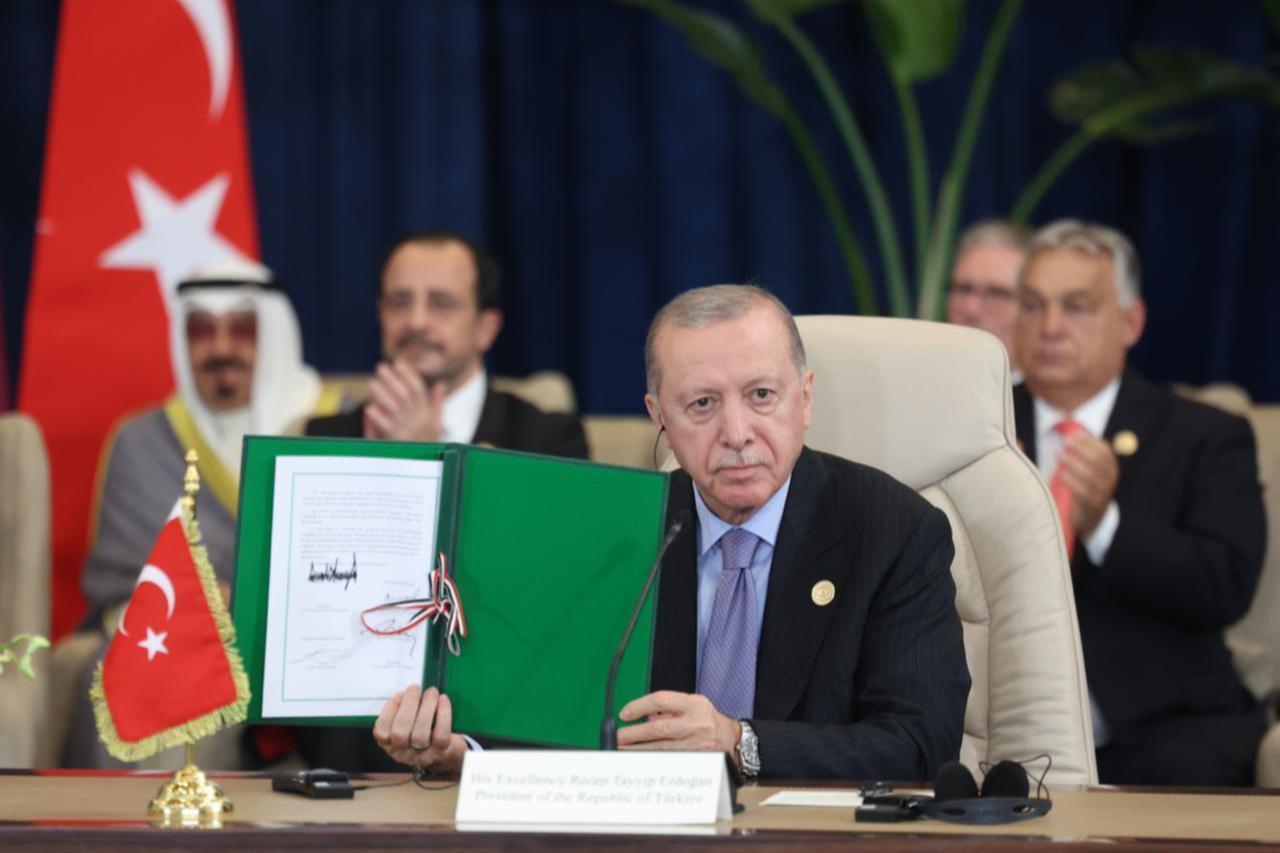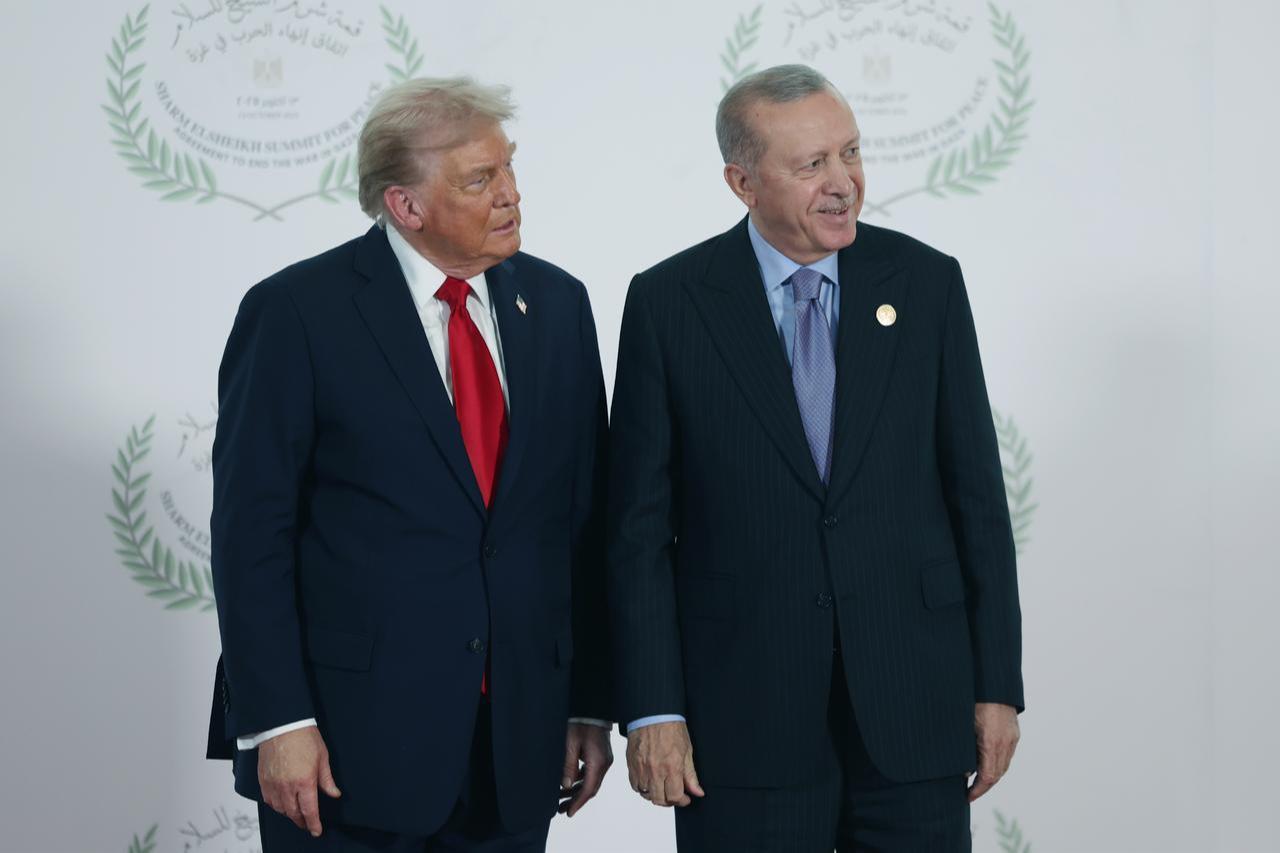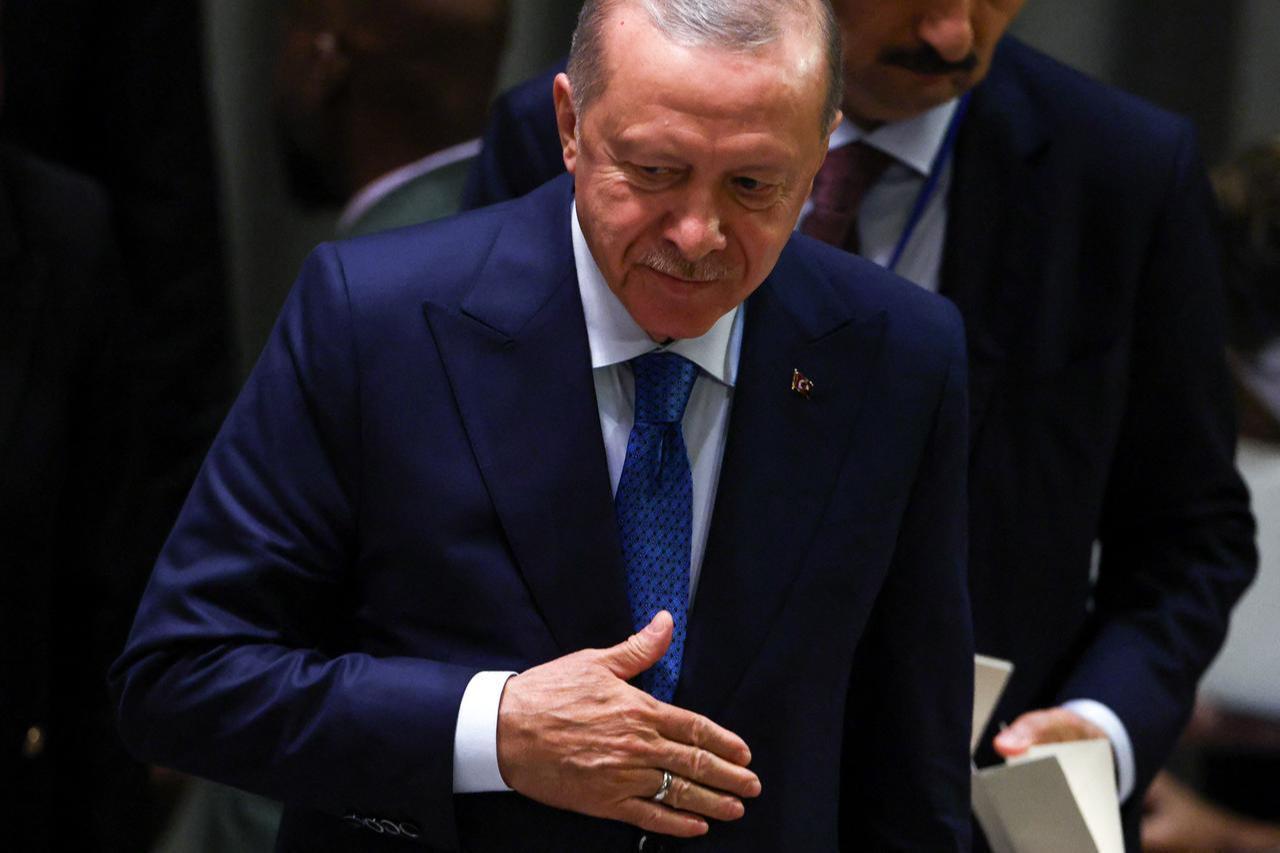
Israel's landmark agreement with Hamas, which secured the release of all living hostages in a single phase, was achieved through unprecedented international involvement, with Türkiye playing a central role alongside Egypt and Qatar, Israeli newspaper Maariv reported Sunday.
The deal comes as a significant departure from previous exchanges between Israel and Hamas by front-loading the release of living hostages in the agreement's initial stage, rather than spreading returns across multiple phases.

Uriel Lin, writing in Maariv, argued that continued military operations in Gaza were not the decisive factor in reaching the agreement. Instead, he credited U.S. President Donald Trump as the primary lever of pressure, with the direct involvement of Egypt, Qatar and particularly Türkiye serving as the crucial fulcrum for closing the deal.
The agreement also received broad support from additional Arab and Muslim nations including Saudi Arabia, Jordan and Indonesia — countries Trump has repeatedly praised for their partnership in the process. Lin noted this represents implicit recognition by the Arab and Muslim world of Israel's right to exist within secure borders, even if not explicitly stated in the text.
A subsequent "peace document" signed in Sharm el-Sheikh blessed friendly relations between Israel and its neighbors, lending additional weight to this understanding.
Lin expressed skepticism about Israel's ability to heal internal divisions, arguing that lofty slogans and appeals to Jewish spirit would prove insufficient. He outlined two preconditions for reuniting the population: the government must declare an end to its judicial overhaul plan, and fundamentally change its approach to integrating ultra-Orthodox citizens into security service.
"I do not believe our government has the courage and leadership to do this," Lin wrote, citing the administration's repeated demonstrations of weakness and tendency toward divisiveness.

Lin identified relations with Türkiye as the foremost opportunity in Israel's foreign policy, calling for Israel to extend a hand to the Turks "without shame" rather than issue irresponsible statements.
He noted that since the fall of Assad's regime in Syria, Israel and Türkiye now share common interests in Syrian affairs, with both countries maintaining a presence there. Türkiye, with nearly 90 million people, a powerful military, NATO membership and developed industrial infrastructure, represents a regional power equivalent to Iran.
While Turkish President Recep Tayyip Erdogan criticized Israel's conduct in the Gaza war and sought to defend Gaza's residents, Lin argued Türkiye is not an enemy of Israel. He pointed to years of productive trade, economic and tourism ties between the countries.
Three years ago, during Lin's tenure as president of the Chambers of Commerce, he organized a large business delegation of 65 Israeli companies to visit Türkiye. The public received them warmly, with no fewer than 20 media channels interviewing the delegation positively.
"This may not be a representative sample, but such a thing cannot happen in a hostile country," Lin wrote.
Lin called for Israel's foreign policy to be navigated wisely and goal-oriented, rather than through "boastful statements by ministers seeking childish prominence." He suggested the prime minister should prohibit all ministers from making individual foreign policy declarations.
"One of the real tests of the new foreign policy will be in rehabilitating our relations with Türkiye," Lin wrote. "This is vital for stabilizing the geopolitical space close to us and is also important economically."
He noted that before Israel expands diplomatic efforts to distant countries like Indonesia, it faces the challenge of restoring relations with Türkiye as a critical first step.